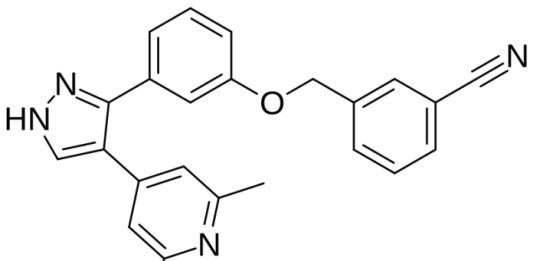Current antibiotics used in clinical practice, in addition to neutralising target pathogens also harm healthy bacteria in the gut. The disturbance in gut microbiome has toxic effects on liver, kidney and other organs. This is an issue to be addressed. Researchers have discovered lolamicin, an antibiotic candidate that has been found to be effective against gram-negative infections without affecting healthy gut microbiome in pre-clinical studies. This is proof-of-concept that antibiotics that kill pathogenic microbes while sparing beneficial bacteria in the gut can be developed for gram-negative infections. It offers a hope for addressing problems associated with indiscriminate targeting of gram-negative bacteria. However, years of further research is needed before it reaches the stage of clinical use.
Most antibiotics target only gram-positive bacteria or target both gram-positive and gram-negative bacteria. Some antibiotics specific to gram-negative bacteria (gram-negative bacteria have a double layer of protection in their cell wall which makes them difficult to kill) also kill beneficial gram-negative bacteria in the gut. The disturbances in the gut microbiome thus created are found to have toxic/adverse effects particularly on liver and kidney. Hence the need to develop antibiotics that could selectively kill the pathogenic bacteria while sparing the beneficial ones. As reported in a recent research paper, scientists have developed one such antibiotic called lolamicin that has been found to selectively target gram-negative pathogenic bacteria while sparing beneficial ones.
Lolamicin is an inhibitor of Lol (localization of lipoproteins) pathway, a lipoprotein-transport system found exclusively in gram-negative bacteria that is genetically different in pathogenic and beneficial bacteria.
In cell culture, it had no appreciable effect on gram-positive bacteria. At higher doses, it neutralised up to 90% of multidrug-resistant E. coli, K. pneumoniae and E. cloacae clinical isolates.
Oral administration of lolamicin to mice with drug-resistant septicemia or pneumonia rescued 100% of the mice with septicemia and 70% of the mice with pneumonia. Further, lolamicin administration did not lead to any drastic shift in taxonomic composition of bacteria in gut microbiome of mice over the course of the three-day treatment or the following 28-day recovery.
These results of pre-clinical animal studies are encouraging and offers a hope for addressing problems associated with indiscriminate targeting of gram-negative bacteria. It is is a proof of concept that it is possible to develop antibiotics that selectively target harmful gram-negative bacteria while sparing gut microbiome of any adverse effect. However, years of further research are needed to extend the findings.
***
References:
- Muñoz, K.A., Ulrich, R.J., Vasan, A.K. et al. A Gram-negative-selective antibiotic that spares the gut microbiome. Nature 630, 429–436 (2024). Published: 29 May 2024. DOI: https://doi.org/10.1038/s41586-024-07502-0
- University of Illinois Urbana-Champaign 2024. Research news – New antibiotic kills pathogenic bacteria, spares healthy gut microbes. Posted 29 May 2024. Available at https://news.illinois.edu/view/6367/668002791
***



































